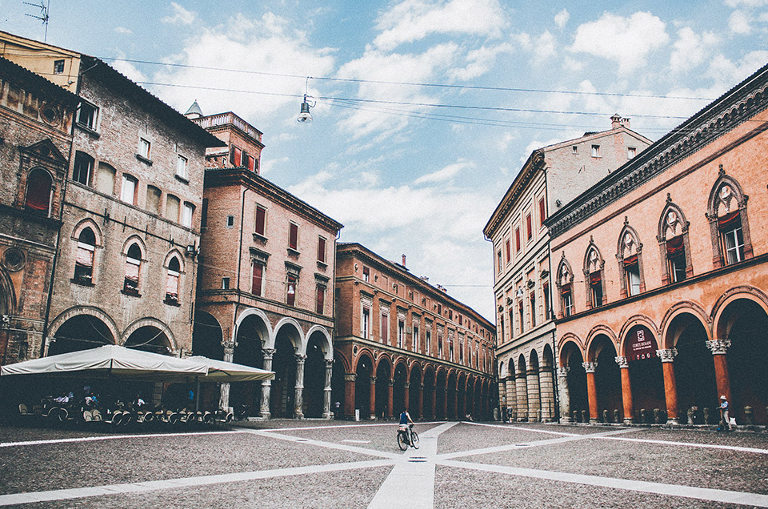A contribution to an exchange on A World Political Party: The Time Has Come
Thanks a lot to Heikki Patomäki for the stimulating proposal for a “World Political Party.”
I am skeptical for a number of reasons but primarily because I do not see an organic connection with anything that is unfolding on the ground.
What I see unfolding is quite different, and I believe our solutions must be in harmony with these more grassroots trends.
My starting point is the famous double movement of Karl Polanyi, in which periods of market liberalization create social chaos and make way for counter-epochs when the market is re-embedded in society under social pressure. My conviction is that this dynamic is no longer functioning at the national scale.
We are now in the midst of such a Polanyian moment, in which the systemic crisis of 2008 has created a backlash of left- and right-wing populisms, which are destabilizing countries, but we do not seem capable of bringing about any real systemic change at the nation-state level.
The main reason seems to me to be that while Nation and State are operating at the national level, Capital is operating directly at the global level and can destabilize any local or national attempt at reform. There isn’t any real form of internationalism at the level of political movements and institutions, and the Left remains deeply embedded in nation-state logics of neo-Keynesianism. The exceptions, such as Varoufakis’s DiEM25 movement, with its pan-European outlook, have not yet proven to have any real traction, and the international system of cooperation is not strengthening, but weakening.
However, in civil society, we see an entirely different situation. Global open-source communities are characterized by the exponential growth of the numbers of code and coders, and a significant share of their workers are transnationally neo-nomadic, creating entirely different sub-economic systems. There is a tenfold growth of urban commons in cities, which I have documented myself in Ghent, Belgium, but is confirmed for other places around the world including the Global South, as in the LabGov studies. Moreover, their practices are moving from the mere redistribution of products and services to actual cosmo-local production of energy and organic food, with transnationally shared, open-source code used to help revive production on the local level. Many of the exploding number of local projects are actually not local, but transnational in nature: as Enzio Manzini called them, they are “Small, Local, Open, Connected.”
For the network of commons and P2P (peer-to-peer) researchers associated and partnering with the P2P Foundation, this means a changing focus, from the mere international, to the truly “transnational.” What is happening in the world today is that overlaying the geographic nations, there is the emergence of true global neo-nomadic ecosystems of cooperation, in which digital commons are helping people to transcend borders, distance, and other previous barriers to collaboration in both knowledge and production.
So what I believe needs to happen is a change of focus. Of course, the national and the international remain powerful and will be so for the foreseeable future, but at the same time, we need to build transnational institutions and strategies.
Elsewhere, we have argued for new models, such as the Partner State (in which public authorities play a sustaining role in the creation of value by civil society, fostering peer production and the commons) and institutions for public-commons cooperation at the territorial level. But progressive forces should no longer see policymaking as focused only on market value, on their own nation-state, or on international political cooperation, but rather on the transnationalization of infrastructures. For example, right now, cities are coalescing to regulate the negative effects of Uber and Airbnb, but why not create, through city alliances, global open depositories for the “generative” transformation of all bioregional provisioning systems, i.e., supporting the infrastructure for mutualization (cooperative ownership) that is local but can benefit from global transnational knowledge sharing? Imagine having access to a global set of tools to develop FairBNBs and MuniRides. Imagine, like what is already happening in France, the building of Assemblies and Chambers of the Commons cooperating at a transnational scale.
So rather than a World Political Party that would continue the paradigm of competitive politics, endlessly fighting on what is the “right program,” I would rather see the development of a global Commons Transition Coalition, rooted in actual reconstructive and prefigurative practice, but which can play a political role by representing the new forces of transformation, at the institutional level of internationalism. What we need is a new configuration between the territorial nations, weakening as we speak, and the emerging transnational nations, growing rapidly.
Teaser photo credit: Changing Societies through Urban Commons Transition webpage





